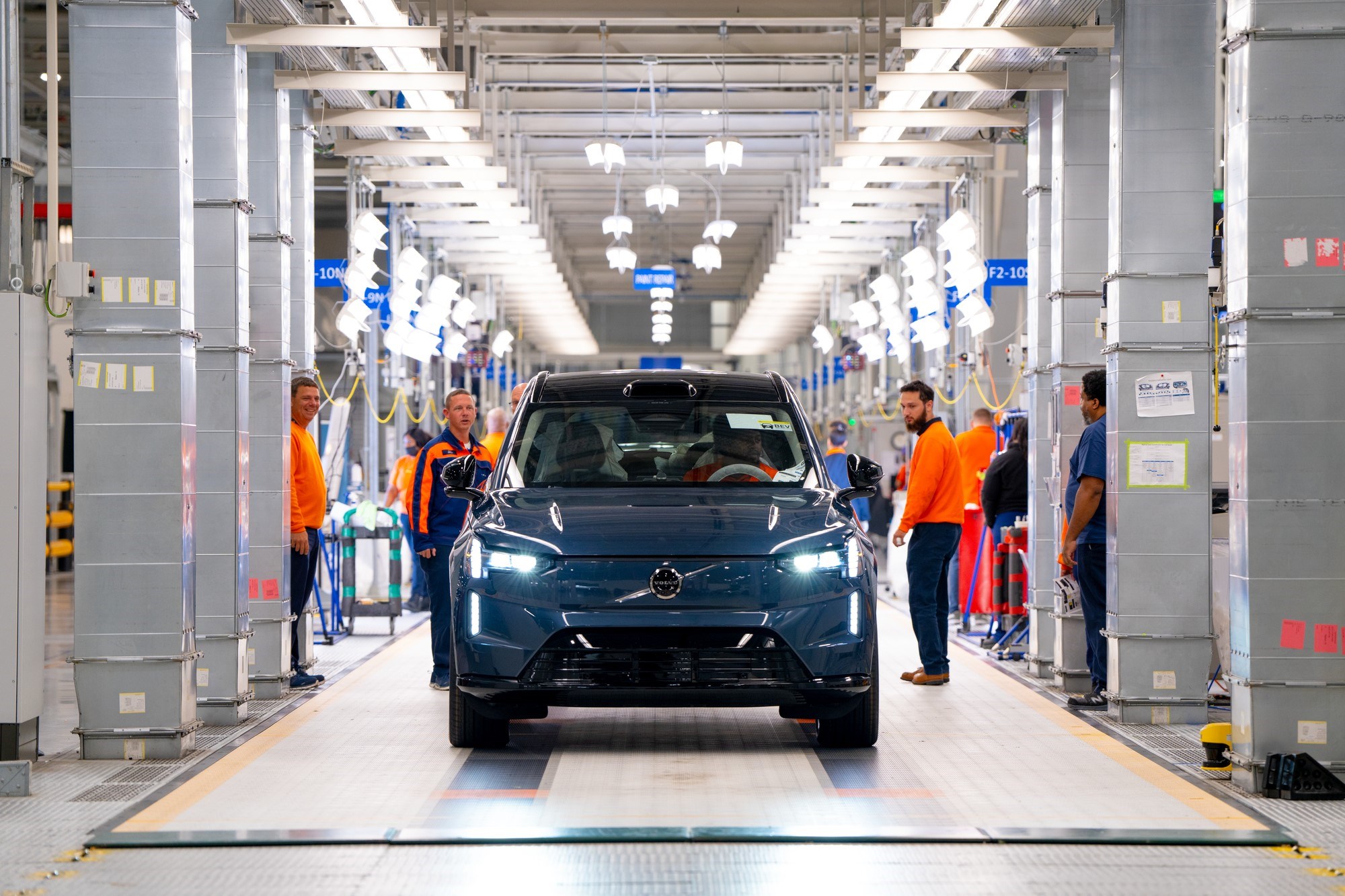Volvo will launch the world’s first electric vehicle (EV) battery passport with its new EX90 electric SUV, which has finally gone into production. The move aims to provide customers with detailed information about the battery’s composition, material origins, carbon footprint, and usage.
Despite many brands diluting their commitment to a deadline for an all-electric portfolio, Volvo’s 2030 target remains unaltered. With the introduction of the EV battery passport, the company continues to make strides towards this goal. Using blockchain technology, this passport will provide crucial insights into the battery’s recycled content and carbon emissions.
Volvo has developed the passport in collaboration with UK startup Circulor, with a development lead time of more than five years. Owners of the EX90 will be able to access battery information by scanning a QR code located on the inside of the driver’s side door.
This feature will initially be exclusive to the EX90 but will eventually be included in all Volvo electric vehicles. The EX90 is powered by a 111 kWh pack supplied by Chinese manufacturer CATL, which affects tax credits in the US unless the vehicle is leased.
Mandatory in the EU in 2027
According to Circulor CEO Douglas Johnson-Poensgen, Volvo plans to pass an advanced version of the battery passport to regulators, including real-time battery health information, at a cost of around €10 per vehicle for 15 years.
Volvo will implement the technology by the end of the year, two years before the EU’s deadline for a mandatory battery passport to accompany new electric cars sold in Europe starting February 2027. These passports are vital for tracking battery health over time, especially for the used car market.
More than mere mileage registration, the passport also reveals information on how the battery was cycled over its life. This will play a key role in establishing trust when the vehicle is passed on. The legal warranty in Europe applies to 8 years or 160,000 kilometers, but if the battery pack fails after the coverage, the new owner might face a replacement cost of between 10,000 and 20,000 euros.
Start of production
Tracing the origins and carbon footprint of the pack will provide usual information for battery recyclers, who will report on supply chain CO2 emissions. As mentioned above, authorities, like in the US, who surcharge foreign entity battery materials also gain valuable insights.
The news follows the painstakingly delayed production of the EX90, of which the first units have finally left the factory floor in South Carolina alongside its sibling, the Polestar 3. The “safest car Volvo has ever produced” was delayed for more than half a year over software glitches. Last year, Volvo had to close the order books as the annual limit for the EX90 was completely booked.




Comments
Ready to join the conversation?
You must be an active subscriber to leave a comment.
Subscribe Today